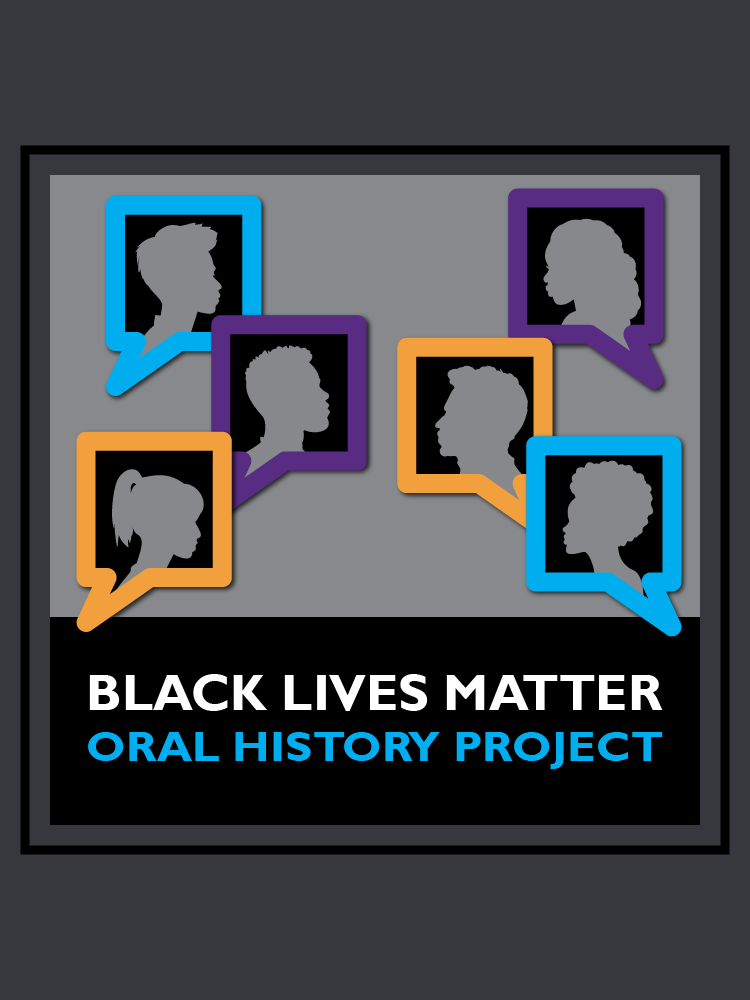Item
abstract
Alexes Castro
- Interviewer
- Selena Piercy
- Date
- November 19, 2023
- Location of the Interview
- Sewanee, TN
- Length
- 45 minutes, 48 seconds
- Abstract
-
Alexes Castro is a senior history major at the University of the South in Sewanee, Tennessee. He was raised in Houston, Texas and attended a high school called YES Prep that was geared towards providing students with ample opportunities for community engagement and receiving a college education. Castro’s experiences at YES Prep greatly shaped his experience and perceptions of the Black Lives Matter movement.
The interview began with Castro discussing his upbringing in Houston which was heavily family-oriented. He found community at home through his family and friends from YES Prep. Now, he finds community at Sewanee through a variety of student organizations such as Mixed Martial Arts, Hispanic Leadership Awareness Organization, and Young Democratic Socialists of America. Castro mainly receives the news through outlets like Al Jazeera and Democracy Now. He describes his first experience with the Black Lives Matter movement as more of precursors to the movement, as he mentioned the role of an organization at his high school called Students and Teachers for Refugees in Houston, in which members organized protests. However, he added that administrators at his high school were unsupportive of these demonstrations and would suspend those who planned such events, so it was difficult to organize in a meaningful way.
Castro was able to convey information about international matters through journalism and even founded the journalism club at YES Prep. The racism from staff members at his school also contributed to his experiences of the movement, as some teachers had a history of making racist comments towards students and were never held accountable for their actions. Castro believes the Black Lives Matter movement succeeded in its efforts to bring awareness to racial injustice, but one of its shortcomings was the disconnect between the Black Lives Matter movement and the organization. He still notices instances of racism today and that big news sources convey racial biases in favor of white people. Castro’s hope for the future of the movement is that there will be legislative actions taken to promote racial equity.
Part of Alexes Castro

